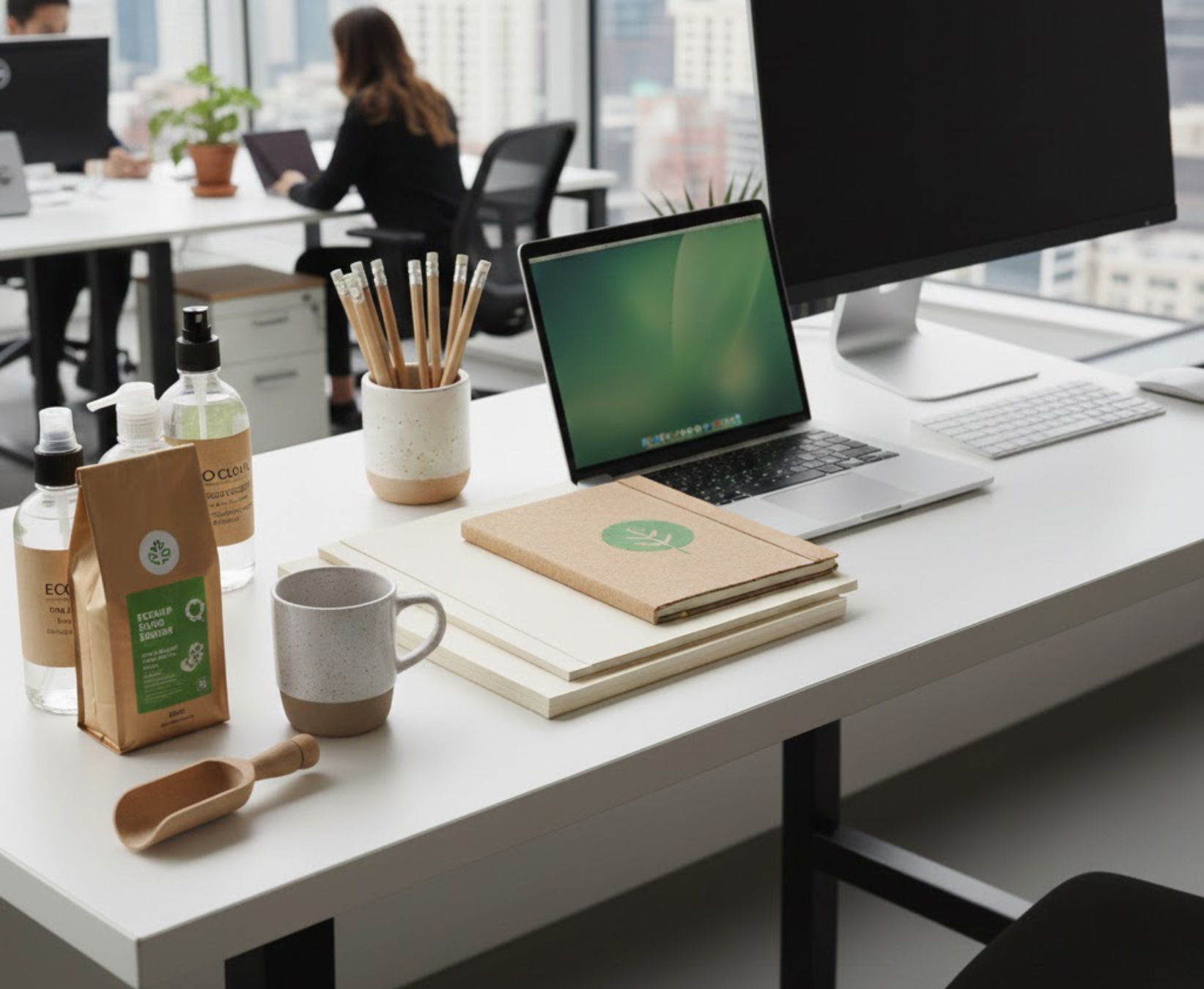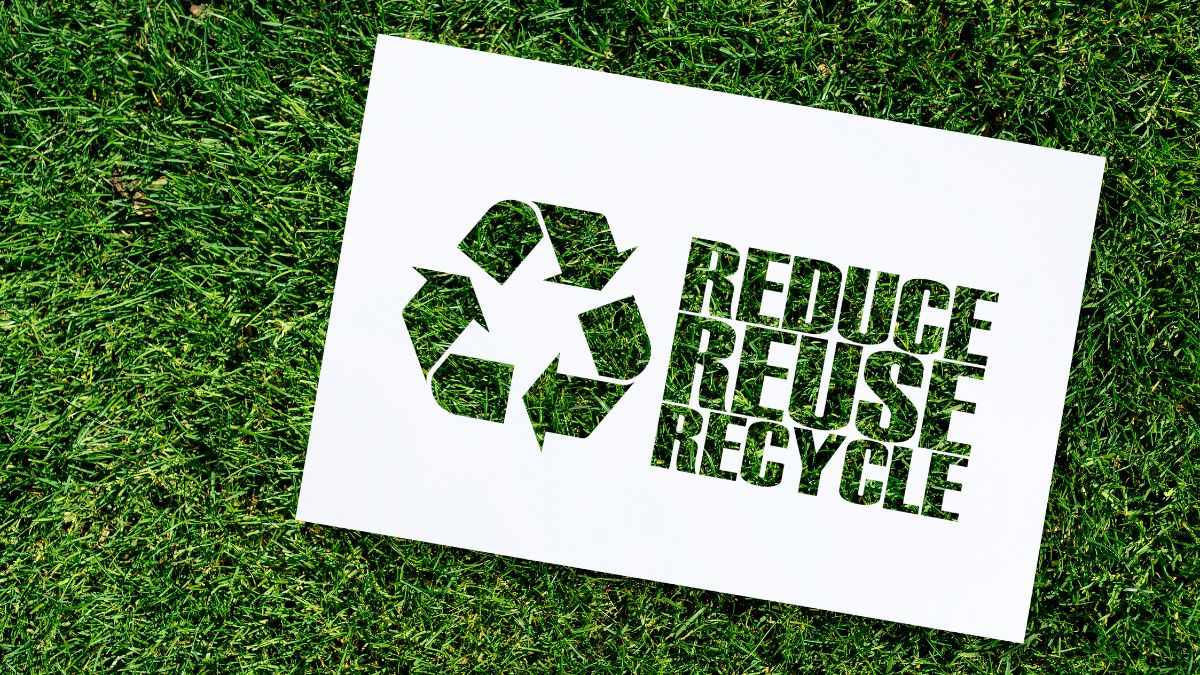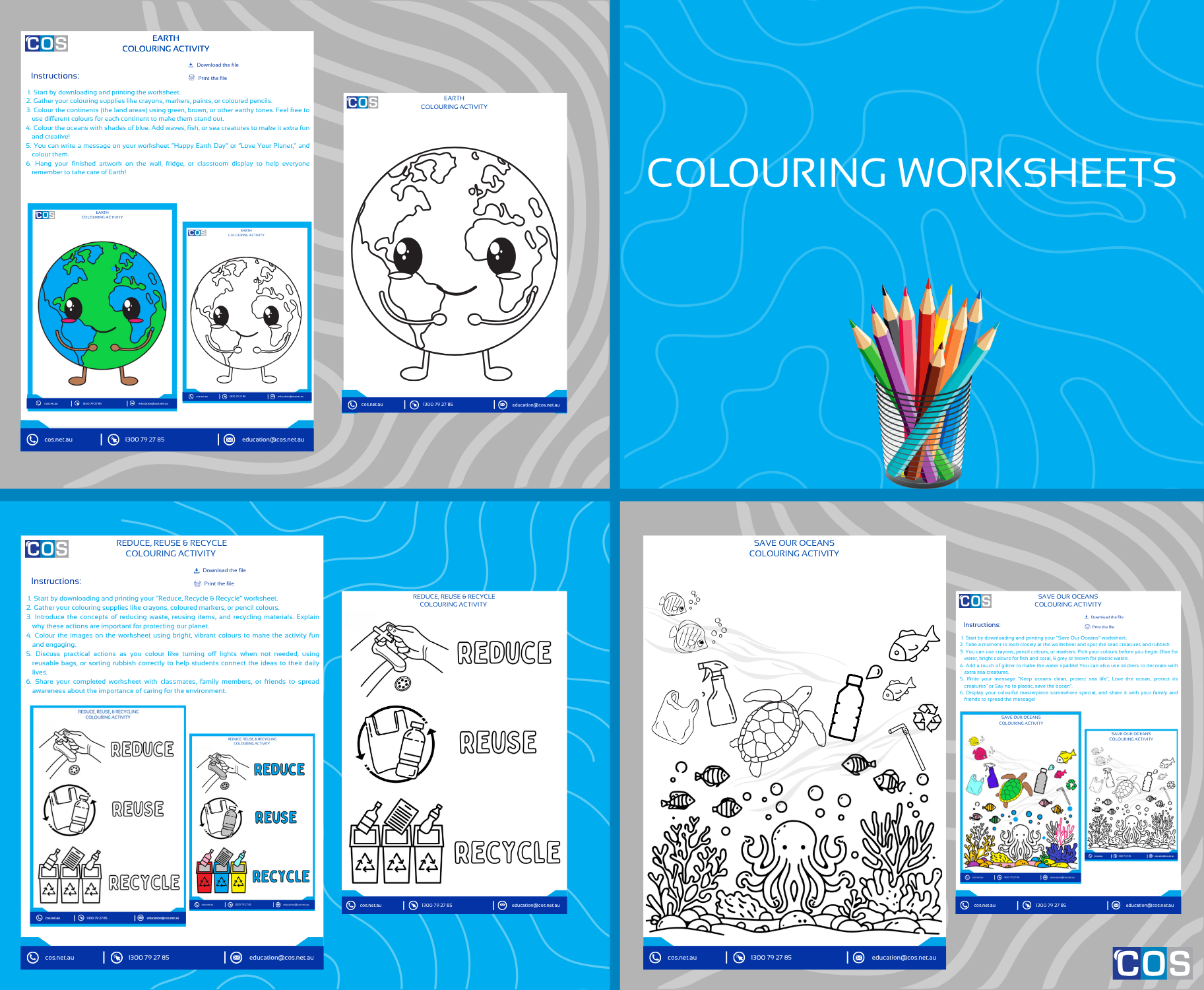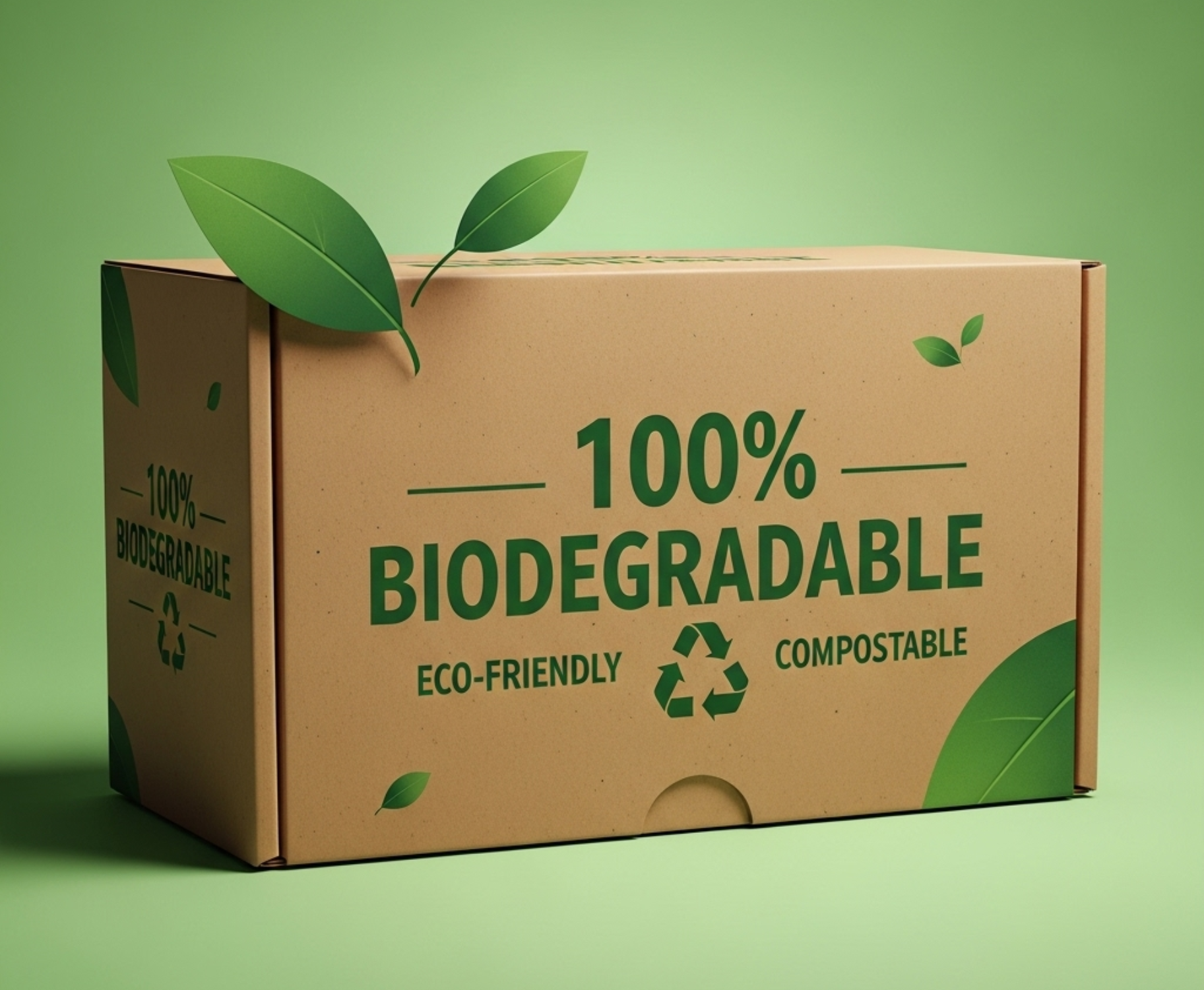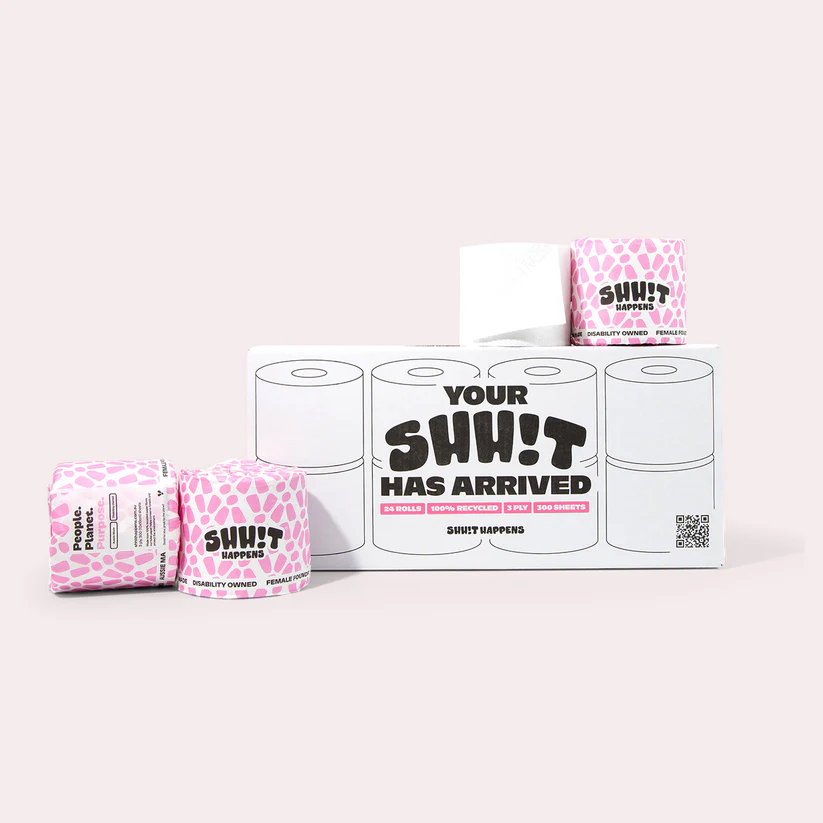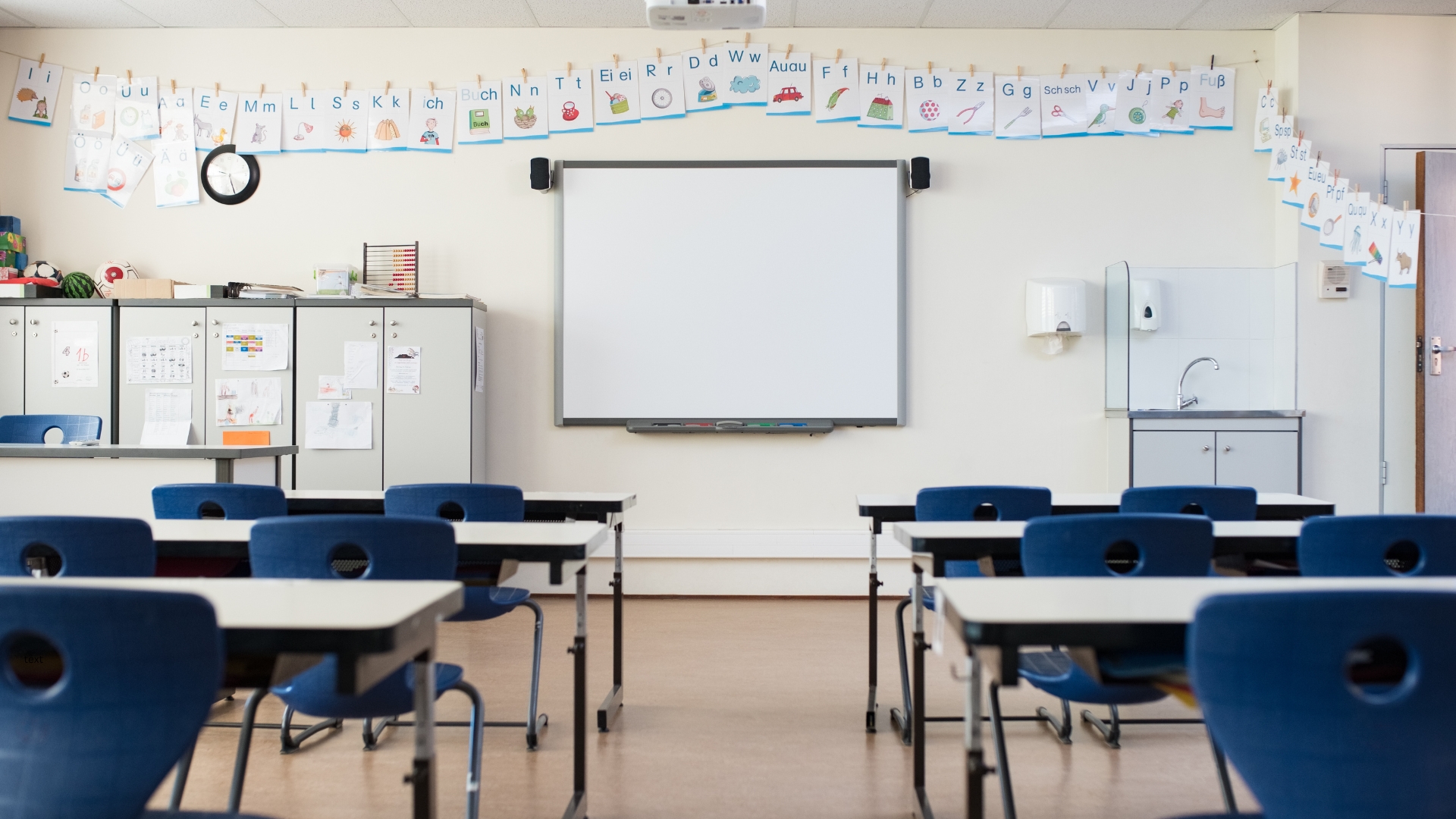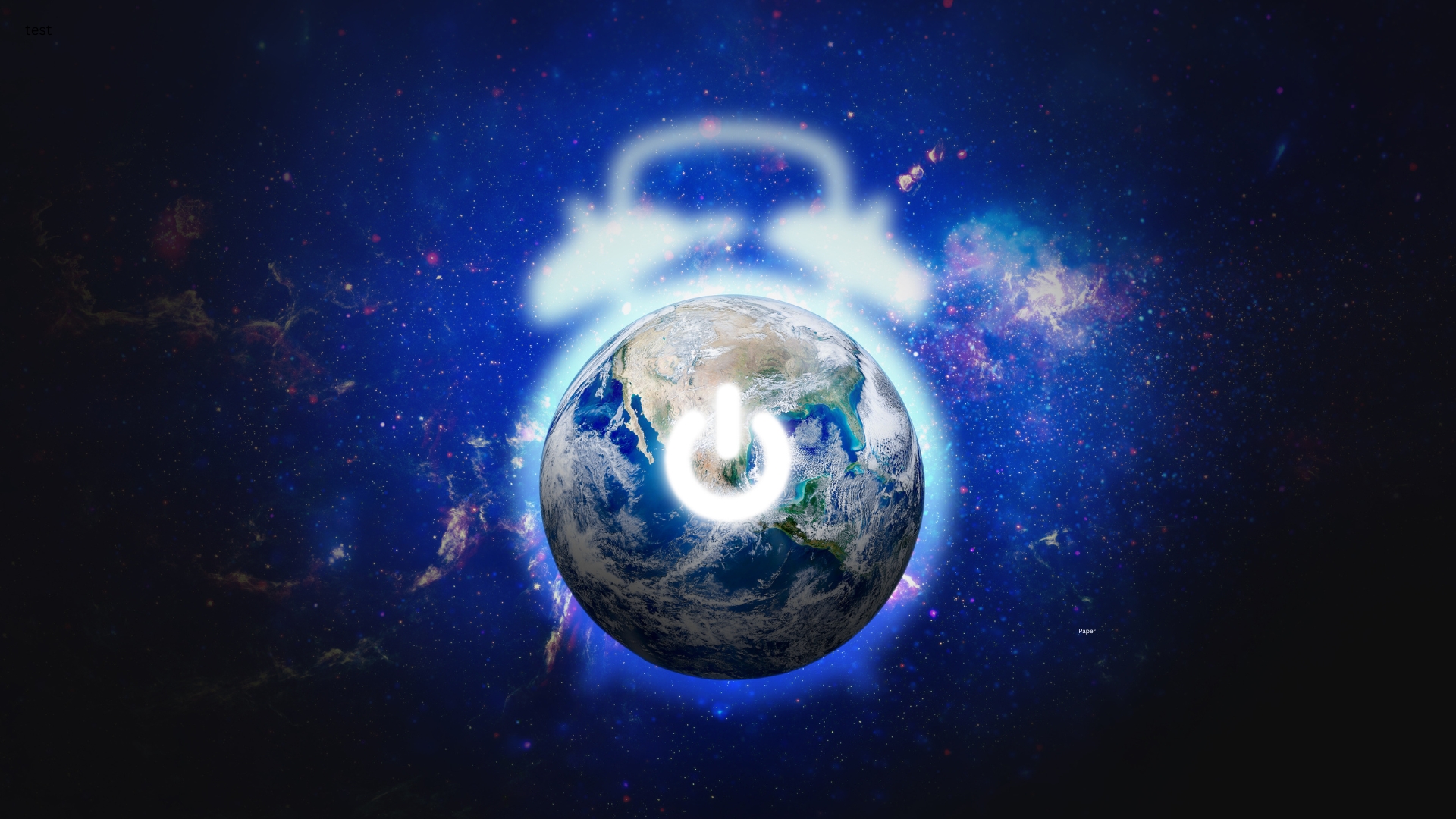Sustainable Office Essentials: Smart Way to Shop on Green Friday
With Green Friday, the thoughtful alternative to Black Friday just around the corner, it’s the perfect time to rethink your choices. Instead of chasing steep discounts on single-use or waste-heavy office items, why not invest in essentials that are both practical and eco-friendly.
